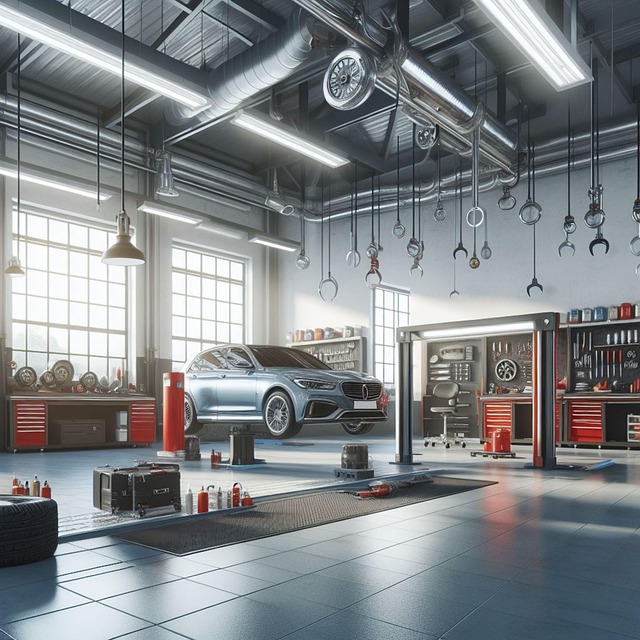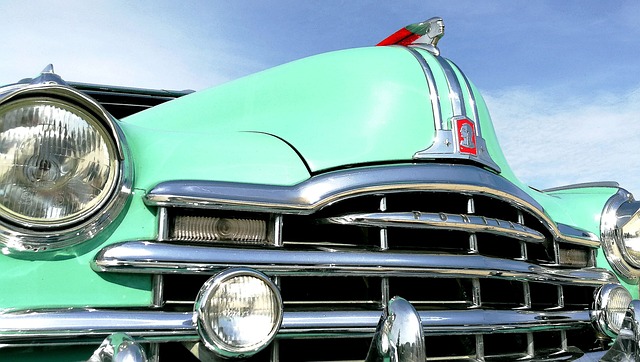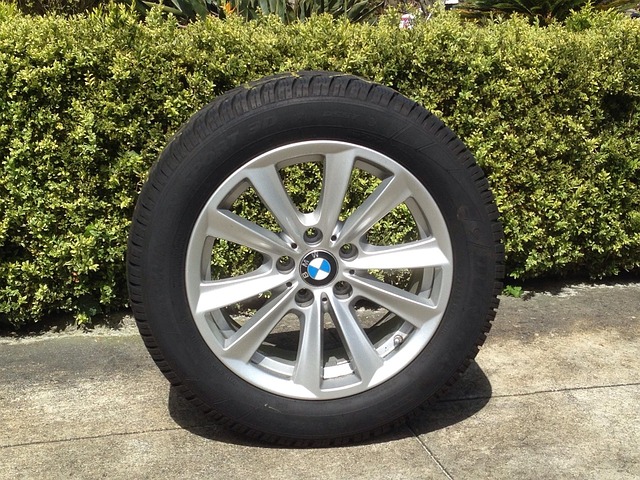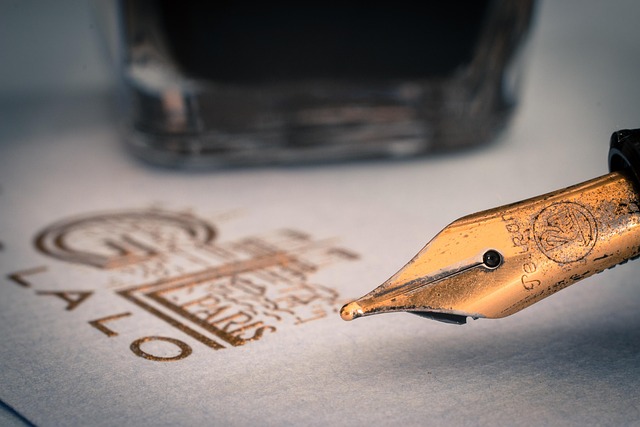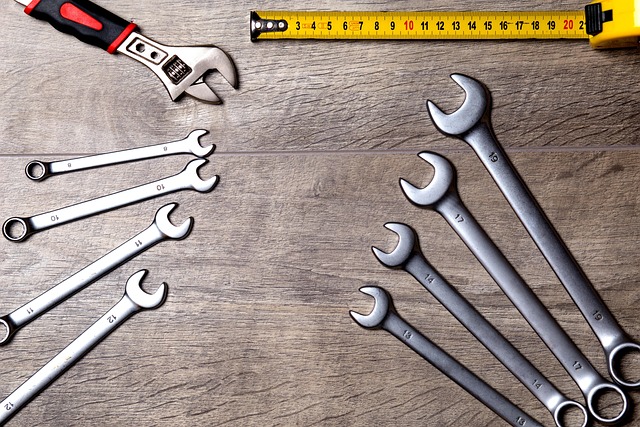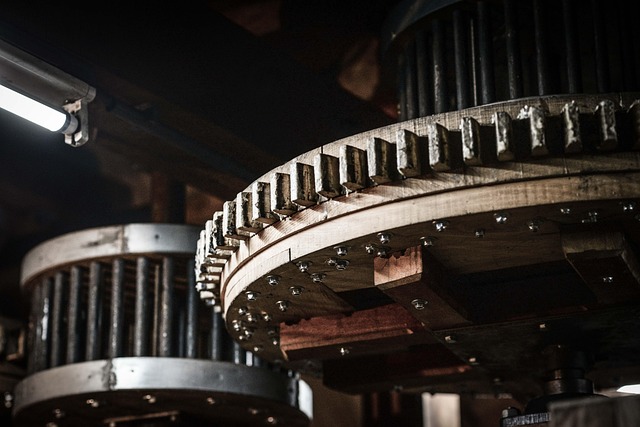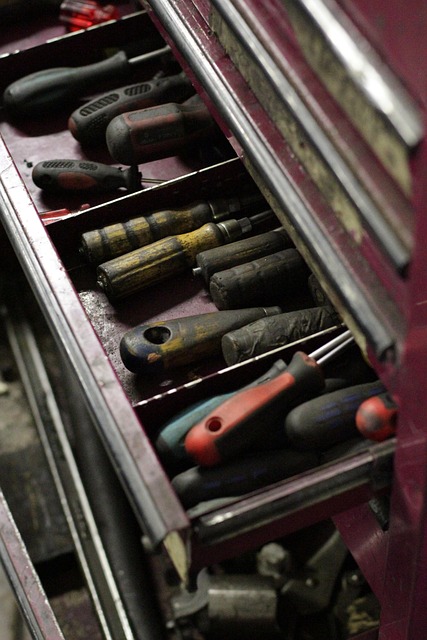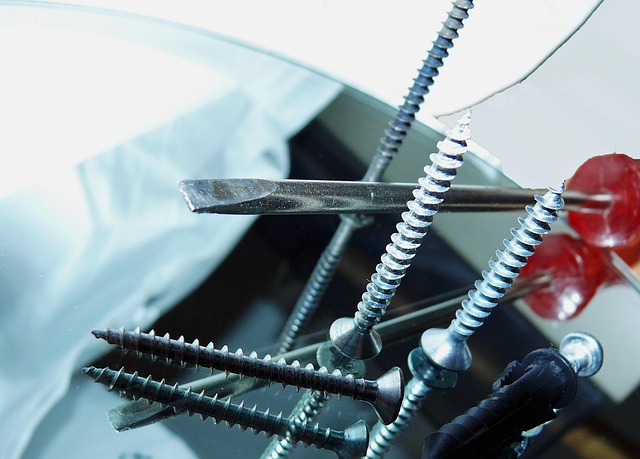The automotive industry's transition to aluminum bodies, driven by fuel efficiency and emission reduction goals, has transformed vehicle manufacturing. This shift necessitates specialized car repair services focusing on aluminum repair techniques, as traditional steel is largely replaced in modern vehicles. Collision repair shops must adapt with specific tools and methods to handle complex auto dent repairs involving aluminum panels, ensuring precise, structurally sound, and performance-uncompromising repairs. Staying updated with advancements in aluminum repair techniques is vital for providing top-notch services in this evolving landscape.
In today’s automotive landscape, aluminum is transforming the way we build cars. With a growing trend towards lighter, more fuel-efficient vehicles, understanding and adopting effective aluminum repair techniques has become essential for auto shops. This article explores the rise of aluminum in automotive manufacturing, delves into modern repair approaches like welding, brazing, and adhesive bonding, and underscores why embracing these techniques is crucial for shops to enhance efficiency, cost-effectiveness, structural integrity, and customer satisfaction.
- The Rise of Aluminum in Automotive Manufacturing
- – Exploring the trend towards aluminum bodies and frames
- – Benefits and challenges presented by this material shift
The Rise of Aluminum in Automotive Manufacturing
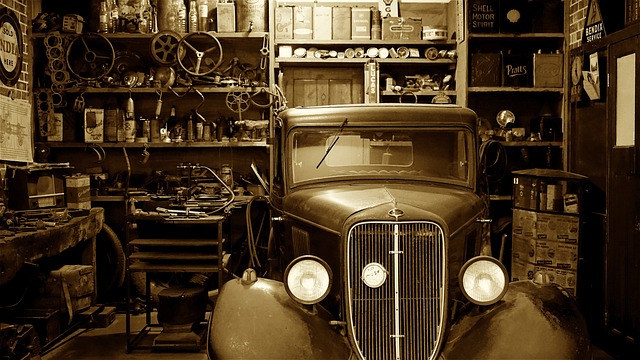
The automotive industry has witnessed a significant shift towards aluminum as a primary material in vehicle manufacturing. This trend is driven by the need for lighter, more fuel-efficient cars, which directly translates to reduced emissions and better performance. Aluminum’s versatility, strength-to-weight ratio, and corrosion resistance have made it a preferred choice for manufacturers, especially in the construction of modern car bodies and frames. As a result, traditional steel has been largely replaced by aluminum in many vehicle models, including passenger cars, trucks, and SUVs.
With this shift comes the increasing demand for specialized car repair services, particularly focusing on aluminum repair techniques. Collision repair shops now need to be equipped to handle complex auto dent repairs involving aluminum panels. The unique properties of aluminum necessitate specific tools and methods for effective and precise repairs, ensuring vehicles return to their pre-accident condition without compromising structural integrity or performance. This evolution in the automotive landscape highlights the importance of staying abreast of these advancements in aluminum repair techniques for top-notch collision repair services.
– Exploring the trend towards aluminum bodies and frames
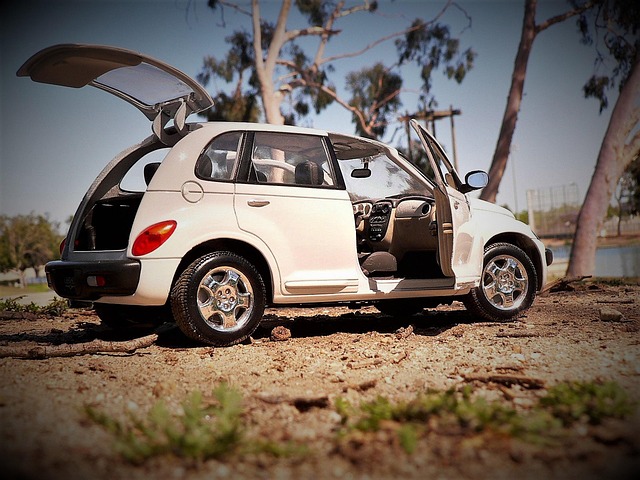
The automotive industry is witnessing a significant shift towards aluminum bodies and frames, driven by factors such as lightweight construction for improved fuel efficiency and enhanced safety standards. As vehicles evolve to meet stricter regulations, traditional steel materials are being replaced with aluminum in various components, including car bodies and frames. This trend poses both opportunities and challenges for collision repair centers and car body shops.
Aluminum repair techniques have become crucial skills for these facilities as they cater to the growing demand for repairs and restoration services on modern vehicles. Aluminum presents unique characteristics compared to steel, requiring specialized knowledge and tools for effective repair. Car body shops that embrace and master these aluminum repair techniques will not only meet current market demands but also future-proof their services, ensuring they remain competitive in a rapidly changing automotive landscape.
– Benefits and challenges presented by this material shift
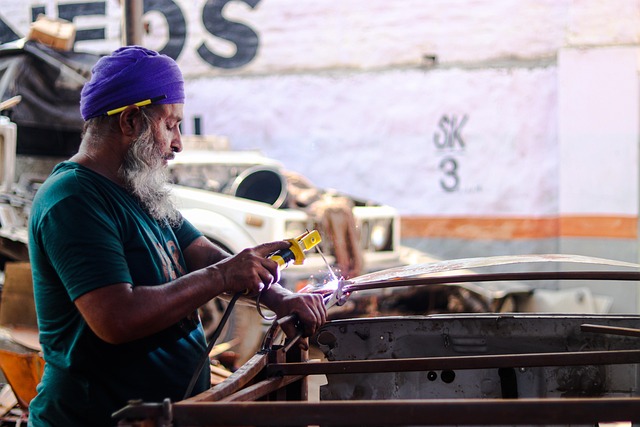
Aluminum repair techniques have gained significant importance in the auto industry, offering both compelling benefits and presenting unique challenges for auto shops. One of the primary advantages is the growing demand from vehicle manufacturers who are increasingly using aluminum in car construction due to its lightweight nature and superior strength-to-weight ratio. This trend necessitates that auto shops embrace these aluminum repair techniques to meet modern automotive standards.
However, adopting aluminum repair methods also presents certain challenges. Aluminum is a different material compared to traditional steel, requiring specialized tools and skills for effective repair. Auto collision centers must invest in training their staff and acquiring the necessary equipment to handle aluminum damage repairs competently. Despite these challenges, the versatility and durability of aluminum make it an attractive option for both manufacturers and consumers, driving the need for auto repair services to adapt and master these advanced techniques.
As the automotive industry continues to embrace aluminum construction, mastering efficient aluminum repair techniques becomes paramount for auto shops. The shift towards lighter, more durable vehicles offers both advantages and complexities in terms of maintenance and repairs. By investing in specialized training and tools for aluminum repair, shops can ensure they meet the evolving needs of modern vehicle owners, providing top-notch services that keep pace with this significant material trend.
